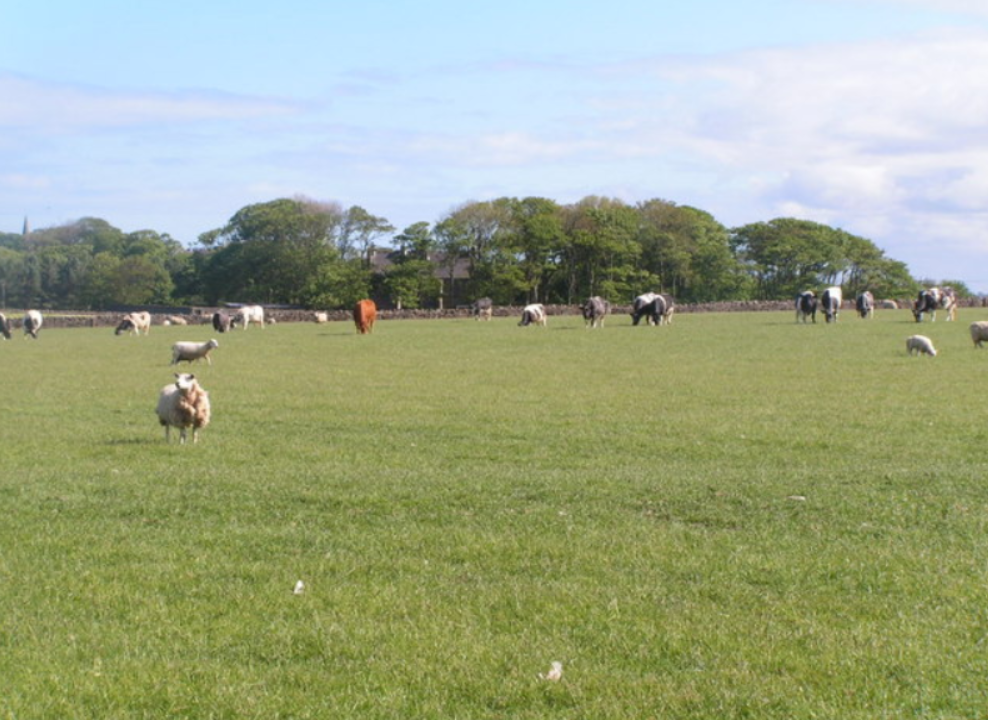Exports of UK beef (both fresh and frozen) increased by 18% to August of this year, while sheepmeat exports rose by 20% in the same period, according to market analysis by Quality Meats Scotland (QMS).
Both of these figures reflect a year-on-year increase compared to the first eight months of 2018.
According to Stuart Ashworth, director of economic services for QMS, the first two-thirds of 2019 have been a “positive period” for the UK’s red meat exporters, despite Brexit.
However, QMS highlights that the increase in exports has been achieved by trading at lower prices, with the value of beef exports only increasing by 3%, and sheepmeat export value growing by 8%.
“The European market still dominates, with 82% of beef and 96% of sheepmeat going to Europe. However, the average price per tonne of beef sold to Europe was higher than the value sold outside Europe. For sheepmeat, the price per tonne was little different between Europe and the rest of the world,” Ashworth explained.
Customs data also indicates a decrease in beef and sheepmeat imports during 2019 so far. The volume of imported beef between January and August stood at 11% lower than the same period for 2018, while sheepmeat imports declined by 18%.
“While the average price per tonne of sheepmeat imported grew by 1%, the beef that was imported had an average price of 3% lower than in 2018. However, the average price of fresh beef supplied by Ireland so far this year has been 5% lower than last year,” Ashworth highlighted.
Similar to export activity, Europe was the source of 96% of beef imports, with Ireland alone being the source of just over 80% of all beef deliveries, a slightly higher proportion than in 2018.
“Nevertheless, so far this year Ireland has supplied 6% less beef to the UK than it did last year… The decline in deliveries has been higher from other countries; for example Poland has sent 13% less beef and accounts for 6% of all deliveries, while deliveries form Germany and France halved,” he continued.
The analysis shows that beef imports from the Netherlands fell by 1%, while outside the EU, imports fell from all suppliers, with the exception of Uruguay.
New Zealand remains the dominant suppliers of sheepmeat, accounting for 63% of imports. This is a reduction on the figure for 2018, with some of the resulting shortfall being taken up by Ireland.
QMS estimates that that there has been 3% less beef and 2% less sheepmeat available in the UK market so far this year.
“While this may suggest that producer prices should have strengthened, they fact that export prices have reduced in an effort to balance the market by a need to increase exports points towards a very price sensitive and essentially well supplied domestic market,” Ashworth concluded.

